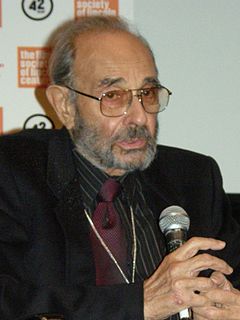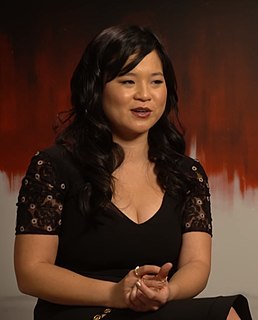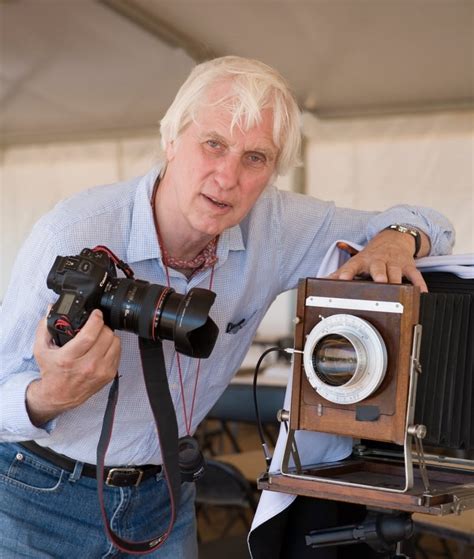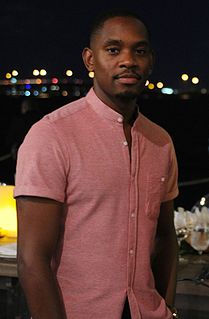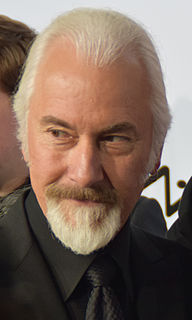A Quote by Mary Ellen Mark
I'm not against digital photography. It's great for newspapers. And there are photographers doing great work digitally. When they use Photoshop as a darkroom tool, that's fine, too. But at this point of my life, after so many years, I don't really want to change, and I still love film.
Related Quotes
I'm a great supporter of transcendental meditation. I've been using it for almost 40 years now - and I think it's a great tool for anyone to have, to be able to utilize as a tool for stress. Stress, of course, comes with almost every business. I think there are enough studies out there that show that TM is something that could benefit anybody. It's a great system to use. Otherwise, why would I've been doing it for all these years, for almost half of my life?
You start out with big dreams and I mean, big dreams artistically. You want to work with the greatest living directors, make a great movie. I wanted to make a great love story, I wanted to make a great epic and then you realize that the truth of it is that it's so hard to make a great film. It's hard to get a great role. Those big expectations change to realism pretty quickly. But what's never changed is my desire to work with great directors and to find projects that push me out of my comfort zone and keep me alive. I still don't think I've done my best work
I feel more like a creative artist using photography because there's - the digital work is so interesting now. It's come to that. I have had many different stages of photography - there are many different ways to take photos. But I feel now I'm in that stage of my life where I use the camera, you know, in that way.
This is the same problem I have with digital photography. The potential is always remarkable. But the medium never settles. Each year there is a better camera to buy and new software to download. The user never has time to become comfortable with the tool. Consequently too much of the work is merely about the technology. The HDR and QTVR fads are good examples. Instead of focusing on the subject, users obsess over RAW conversion, Photoshop plug-ins, and on and on. For good work to develop the technology needs to become as stable and functional as a typewriter.


